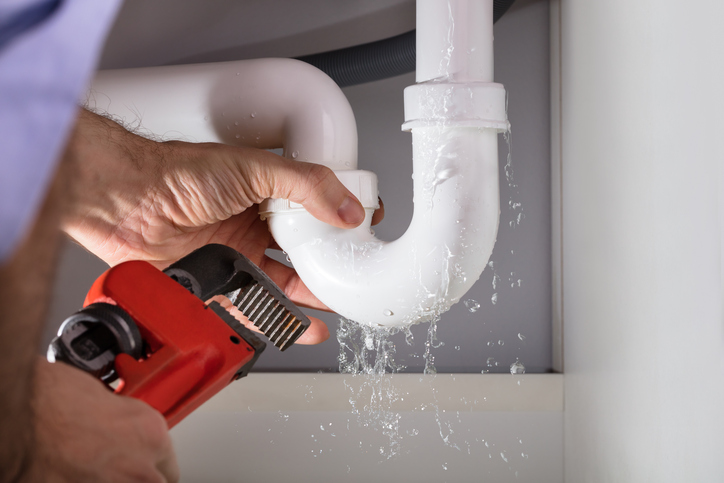Plumbing leaks can be a terrible mess and an all-around hassle for your household. Aside from wasting water, it also increases your monthly bill significantly. As if those things are not enough, there is one more appalling effect of leaks that might not instantly come out: household pests.
Insects and rodents need water to survive just like we, humans, do which means that they can get attracted with even the slightest amount. For instance, water droplets left behind your sink or bathtub is enough for an insect to do an occasional visit.
Having a plumbing leak means there will be a steady supply of water for these pests that are often hidden from view. This will eventually create an ideal oasis for them to set up camp without you even knowing it.
FIND THE LEAK
Even if there is a sudden outbreak of pests in your household, it does not necessarily mean you have a plumbing leak, but it should be enough cause for an investigation. Taking notes of where you frequently see insects or rodents will be a start and also make sure to inspect any nearby area or facility that has access to running water. Most leaks may occur in relatively inaccessible places so see to it that you also check hard-to-reach breaks in a pipe inside your walls if necessary.
Pooling water usually appears underneath your refrigerator so you may want to check it as this is mostly a home for cockroaches. The water line leading to your freezer should also be checked if you have an automatic ice maker. Remember that these lines are often made of plastic and a whole army of intruders can come camping with even a tiny leak that can produce enough water. You may also want to include checking the water lines that lead to your dishwasher, washing machine, and any other plumbing-connected appliances.
Inspect other easy leak-prone spots such as areas underneath your kitchen and bathroom sinks. Check your cabinets and look for moisture below your sink traps – the U-shaped bend in the pipe coming from your sink drains – or garbage disposal.
After locating the source of the leak, you should immediately repair it or call plumbing experts from Hayes Plumbing for assistance because the water source will definitely attract more pests even if you place poison or traps to get rid of the current infestation.
SEAL THE PROBLEM
The seals enclosing plumbing pipes coming through your walls pose another plumbing-related vulnerability that could provide passage for pests to get into your home.
Make sure to check closely the spots where pipes enter the wall while you inspect it and other fixtures and appliances for any signs of a leak. Most of the time, they are all sealed with metal plates, rubber gaskets, foam insulation or some other physical barriers. If you discover cracks or gaps, that is just another way for these invasive pests to get into your home.
If you need further assistance to help you close these gaps, fix leaks or bring about any other repairs or maintenance on your household plumbing, call us today! We will be more than happy to assist you with your plumbing needs.



